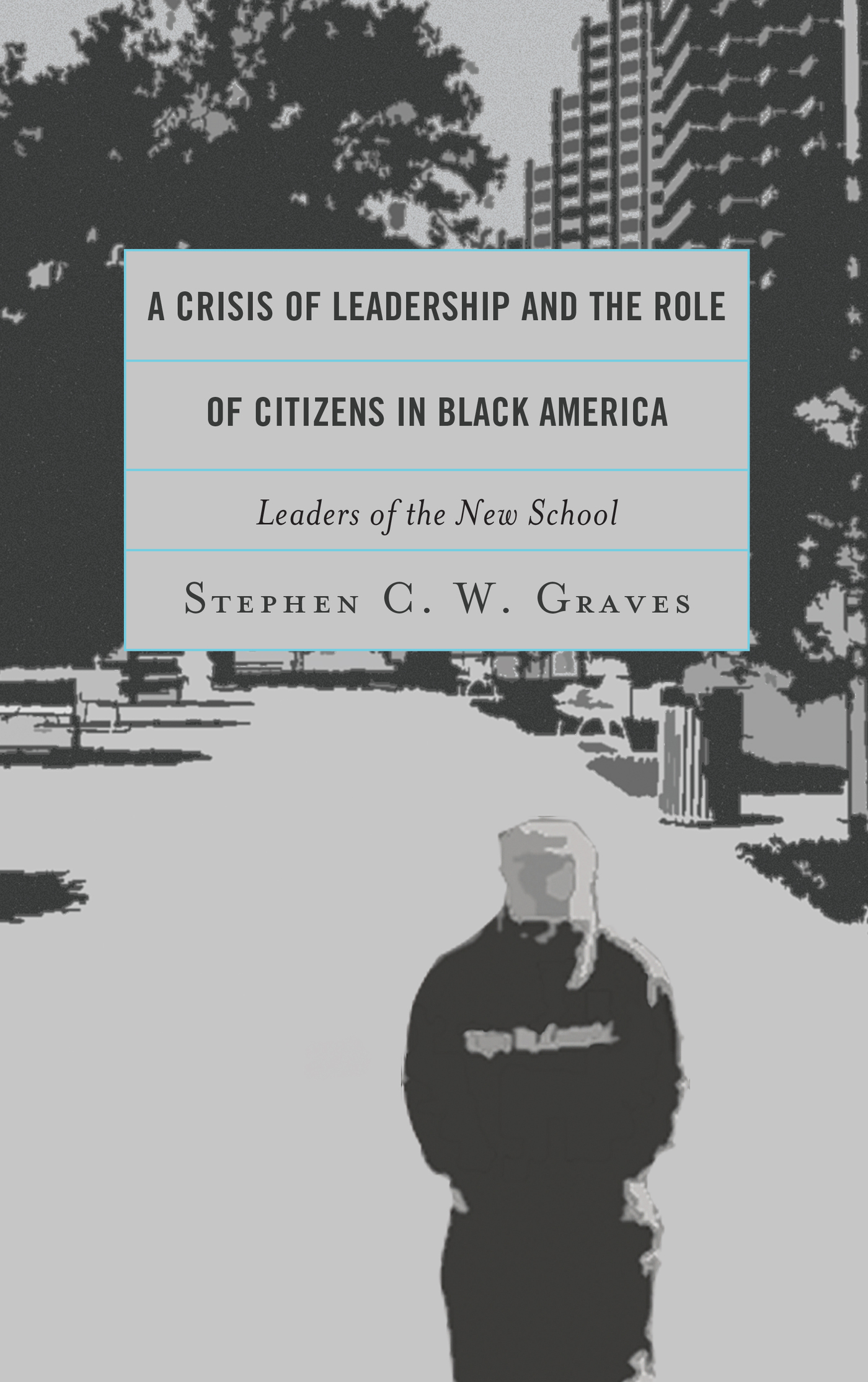A Crisis of Leadership and the Role of Citizens in Black America
A Crisis of Leadership and the Role of Citizens in Black America
Leaders of the New School
Stephen C. W. Graves
LEXINGTON BOOKS
Lanham Boulder New York London
Published by Lexington Books
An imprint of The Rowman & Littlefield Publishing Group, Inc.
4501 Forbes Boulevard, Suite 200, Lanham, Maryland 20706
www.rowman.com
Unit A, Whitacre Mews, 26-34 Stannary Street, London SE11 4AB
Copyright 2016 by Lexington Books
All rights reserved. No part of this book may be reproduced in any form or by any electronic or mechanical means, including information storage and retrieval systems, without written permission from the publisher, except by a reviewer who may quote passages in a review.
British Library Cataloguing in Publication Information Available
Library of Congress Cataloging-in-Publication Data
Names: Graves, Stephen C. W., author.
Title: A crisis of leadership and the role of citizens in Black America : leaders of the new school / Stephen C. W. Graves.
Description: Lanham : Lexington Books, 2016. | Includes bibliographical references and index.
Identifiers: LCCN 2016009552 (print) | LCCN 2016013473 (ebook) | ISBN 9780739197905 (cloth : alk. paper) | ISBN 9780739197912 (electronic)
Subjects: LCSH: African American leadership. | African Americans--Politics and government--21st century. | African Americans--Social conditions--21st century.
Classification: LCC E185.615 .G6718 2016 (print) | LCC E185.615 (ebook) | DDC 305.896/073--dc23
LC record available at http://lccn.loc.gov/2016009552
 TM The paper used in this publication meets the minimum requirements of American National Standard for Information Sciences Permanence of Paper for Printed Library Materials, ANSI/NISO Z39.48-1992.
TM The paper used in this publication meets the minimum requirements of American National Standard for Information Sciences Permanence of Paper for Printed Library Materials, ANSI/NISO Z39.48-1992.
Printed in the United States of America
Introduction
What does it take to be an effective Black leader in America today? Who are the Black leaders in America today? My purpose in writing this book is to assess the effectiveness of current and past Black leadership figures. What major role have they played? What major contributions and significant gains in the Black community have they played a role in? There are two main topics explored in this proposal: leadership and citizenship. In particular, the elements of effective leadership and the habits of citizenship needed to make the good citizen are questioned. Perceptions of African Americans and historical depictions of the Negro as a second class citizen permit African Americans to devalue their American identity and reinforce the idea that provisions in the U.S. Constitution do not apply to them. Through the historical injustices forced upon Blacks, many have the impression that American institutions cannot help them, perceive themselves as enemies of the state, or believe that the rights and privileges awarded to citizens of the U.S. have not been afforded to them. Subsequently, many African Americans suffer from detachment and disassociation from American identity, and consequently, abandonment of a part of themselves. Whether African Americans are able to find identifiable and effective leadership is imperative to the solutions that African Americans face. It is the duty of its leadership to lead the development of new citizenship habits that will ensure the sustainability and viability of a successful African American community in the future so they will not be confronted with the same, or similar, problems and conditions in the future. The sustainability of a viable and effective African American community in the U.S. is important to the racial dialogue and the overall protection of U.S. values in a changing racial dynamic.
Contemporary African Americans have a corrupted conception of citizenship, or bad citizenship habits. It is my argument that leaders of the Black community have failed to develop innovative and creative institutions to stimulate good citizenship habits among African Americans. An effective Black leader is one who will influence the change of patterns of behavior of African Americans to make positive changes in key areas that demonstrate bad habits of citizenship. The corruption of Black citizens and the community is also manifested by Black leaders inability and unwillingness to put the good of the community over self-interest and self-aggrandizement. Additionally, a devotion to self-help, community-building on a national as well as local level, and a commitment to improving the impoverished Black community, are key elements missing among the majority of Black leadership.
Todays Black leaders are not willing to sacrifice their individual self to accomplish the goals of the community at-large. Such sacrifices include devoting themselves to creating previously unexplored opportunities for African Americans and representing the previously scapegoated members of society and the most suffering populations. The standard for Black leadership that I will apply is described as such: the ability of an individual to arouse new attitudes and a new creative type of follower and stimulate untapped possibilities and originalities in other people. These attributes make for the greatest type of leadership. The ideal type of leader must have the following attributes: (1) virtue (moral and political); political in the Machiavellian sense, meaning, whatever works or enables the leader to accomplish their vision for the people; (2) flexibility; (3) sacrifice; (4) humility; (5) responsibility; (6) courage and determination; and (7) innovation and creativity.
The role of the leader is to shake the bad habits from the community before they become engrained behaviors in perpetuity, by any means necessary, regardless if they are agreeable or not. This will require the use of a variety of political tools. A leader of the Black community must address the habits of negative interaction and resentment that Blacks feel about one another. African Americans commit crimes against other Blacks because value in being a member of the Black community is that low. Such negative interactions amongst each other are based on feelings of resentment, disdain, and mistrust. Consequently, citizenship, or the membership into a national community, must be earned or gained through a process in which individuals demonstrate the capacity to willingly participate actively in order to attain national interests and the betterment of their community. Short periods of limited or premature exclusion may be a necessary component of developing good citizen habits, and may be a tool used by an effective leader in shaking the people out of their corrupt and innate state. In particular to Black leaders, this may include the creation of institutions that build trust and allegiance to the community, but require a membership based on obligation and commitment to sustaining the community and work to its best interest.
The theoretical framework for this research takes place within three phases of political thought. First, Aristotles definitions of citizenship and the citizen, plus the emphasis on the common good and the attributes of citizenship related to the good life, provides the basis for how citizenship will be conceptualized. Aristotle identifies citizenship with the holding of public office and administration of justice. Only some in his view are by nature fit to exercise the virtues of citizenship. Slaves, women and non-Greeks were not only excluded from the statutory privileges of citizenship, but their exclusion was viewed as rational, in that, these individuals were deemed not to possess the virtues of mind, body, and character that were essential to the practice of citizenship. Thus, citizens are distinguished from other inhabitants within the territory.
Next page
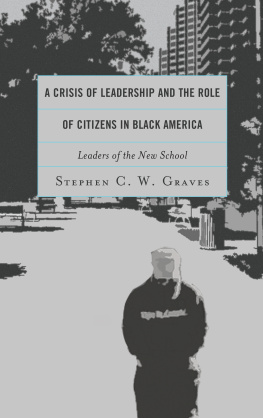

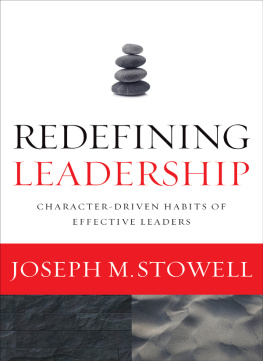


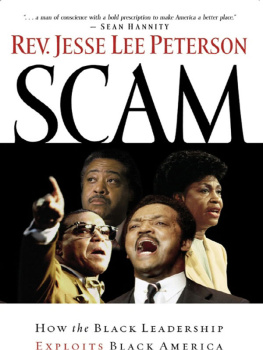

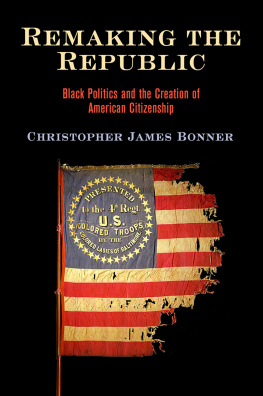


 TM The paper used in this publication meets the minimum requirements of American National Standard for Information Sciences Permanence of Paper for Printed Library Materials, ANSI/NISO Z39.48-1992.
TM The paper used in this publication meets the minimum requirements of American National Standard for Information Sciences Permanence of Paper for Printed Library Materials, ANSI/NISO Z39.48-1992.